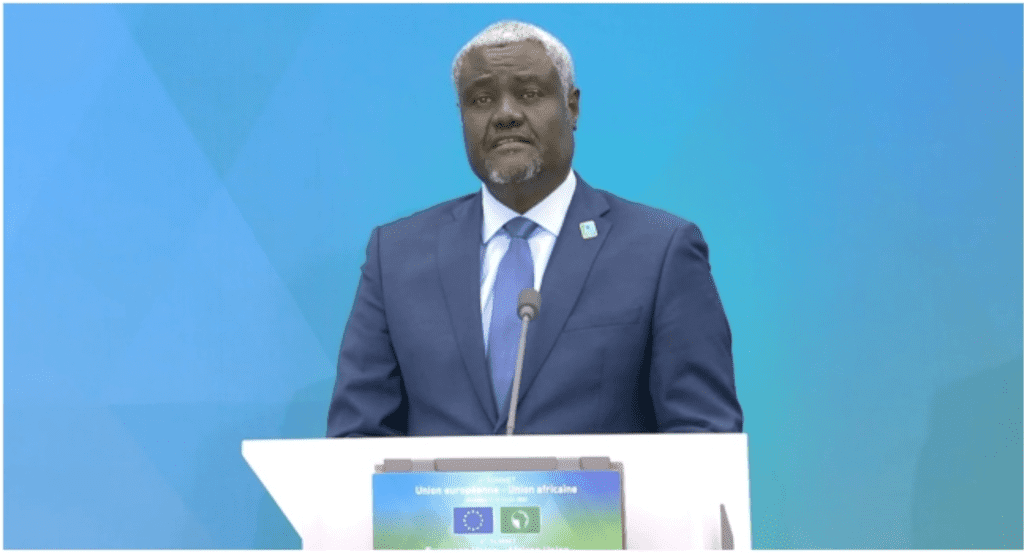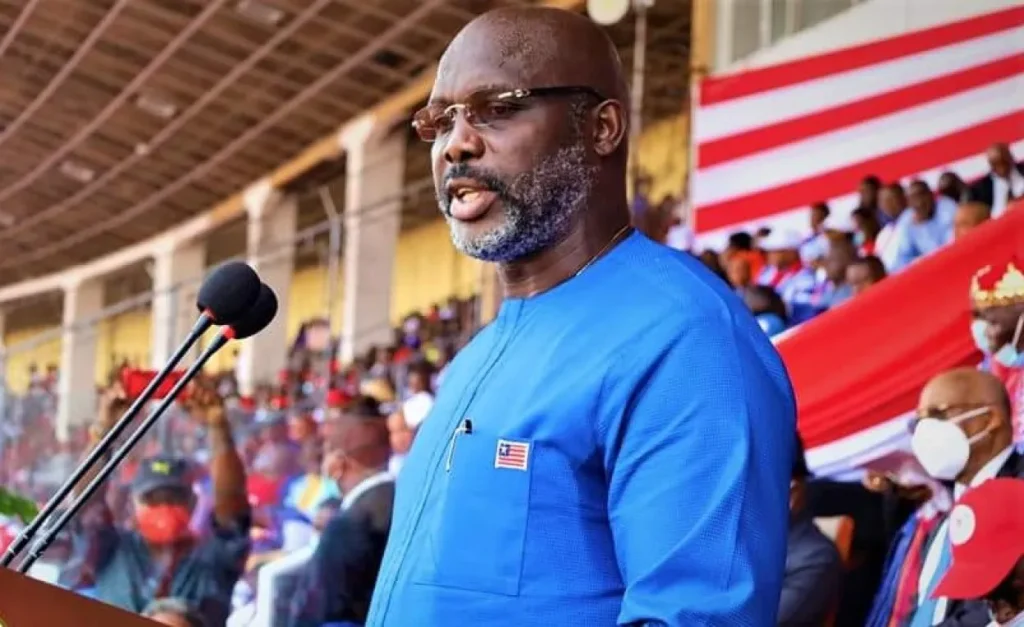The African Union (AU) has expressed deep concern over the United States’ decision to withdraw from the World Health Organization (WHO). This development, announced by President Donald Trump on January 21, 2025, marks a controversial move that has sparked global criticism and raised questions about the future of international health cooperation.
In a strongly worded statement, the AU described the withdrawal as “unfortunate and counterproductive,” highlighting its potential to undermine global efforts to combat pressing health challenges. The organization emphasized that the WHO remains a vital partner in addressing public health crises, particularly in Africa, where support from the agency has been instrumental in managing outbreaks such as Ebola and COVID-19.
The WHO, in its official response, expressed regret over the U.S. decision. Director-General Dr. Tedros Adhanom Ghebreyesus stated, “The United States has been a longstanding supporter of global health initiatives. We hope to continue engaging with American health experts and institutions despite this decision.”
President Trump’s administration cited dissatisfaction with WHO policies and alleged inefficiencies as key reasons for the withdrawal. Trump argued that the organization failed to address the origins of COVID-19 adequately and accused it of being biased toward certain member states. He pledged to redirect U.S. contributions to other global health initiatives and domestic health priorities.
Critics, however, warn that this decision could have severe repercussions. The U.S. has historically been the WHO’s largest financial contributor, providing billions in funding for critical health programs, including immunization campaigns, disease surveillance, and emergency response efforts. The withdrawal raises concerns about potential funding gaps that could hinder the organization’s ability to respond effectively to future health emergencies.
The United Nations has also weighed in, with Secretary-General António Guterres calling for renewed collaboration rather than division. He stressed the importance of multilateralism in tackling global health crises, stating, “Our world is interconnected, and solidarity is crucial to overcoming shared challenges.”
Public health experts in Africa and beyond have expressed fears that the U.S. decision could embolden other nations to reconsider their commitments to the WHO, potentially destabilizing the global health architecture. The African Union reiterated its call for the U.S. to reconsider, urging Washington to prioritize global solidarity over political differences.
As the international community reacts to this development, the focus remains on mitigating its impact on ongoing health initiatives. The African Union has pledged to strengthen its collaboration with WHO and other partners to ensure that health programs across the continent are not adversely affected by this decision.






















